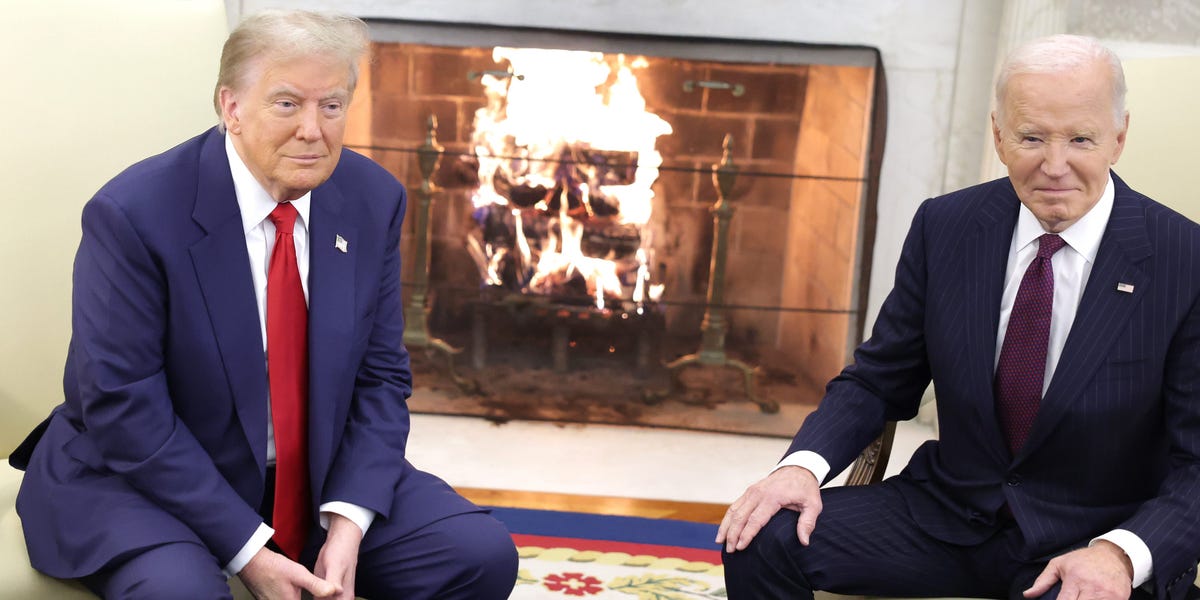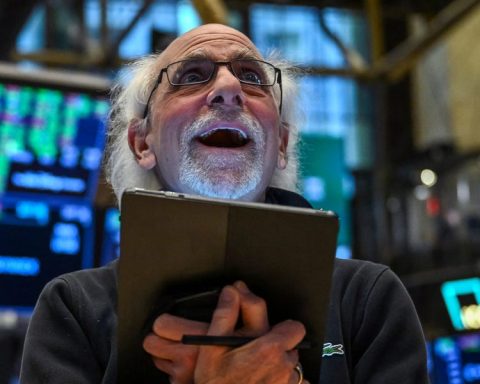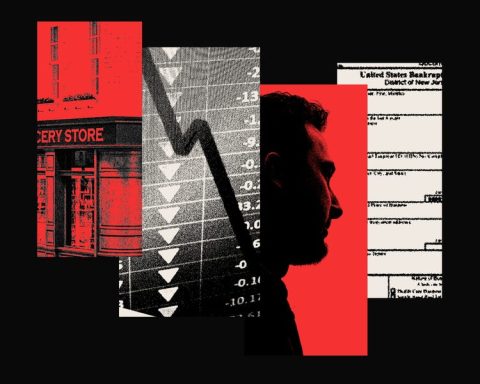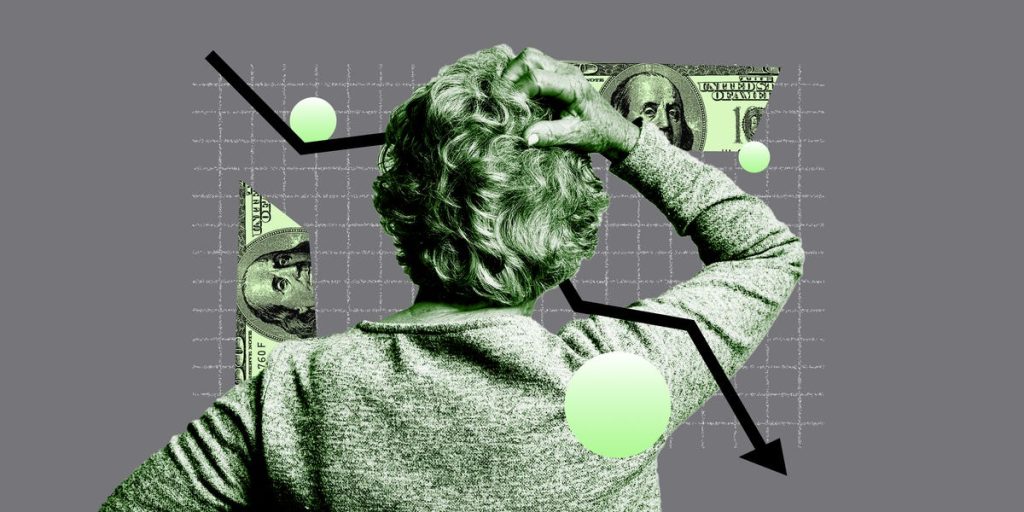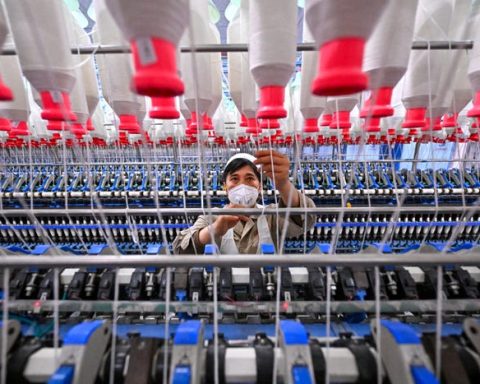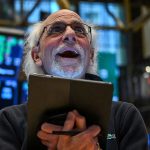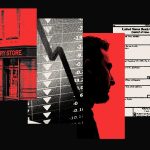Trump’s economic policies have ignited fears of a recession and contributed to a decline in the stock market. The S&P 500’s recent correction illustrates investor anxieties surrounding these policies. With the 2026 midterm elections approaching, Trump risks incurring political damage by dismissing the increasingly negative sentiment.
President Donald Trump may be repeating a mistake that led to the Democrats’ electoral loss last year. Just as President Joe Biden’s claim that the economy was strong failed to resonate with many Americans suffering under high inflation, the Trump administration appears to be overlooking troubling economic signs. While inflation became a focal point for voters during Biden’s presidency, his administration faced criticism for not sufficiently acknowledging its impact. Regardless of whether Biden and the Democrats were primarily responsible for the inflation, voters noted a disconnect between the narrative of a strong economy and the reality of rising prices for essential goods.
Since the beginning of Trump’s administration, there’s been a noticeable downturn in the stock market, a decline in consumer and business sentiment, and escalating fears of a recession. Yet, there has been little acknowledgment, or outright dismissal, from the administration regarding the hardships stemming from uncertainty around Trump’s policies. Mark Zandi, chief economist at Moody’s, stated, “Clearly sentiment is on its back heels.” He emphasized that this decline is evident in various surveys and the performance of the stock market.
The S&P 500 recently entered a correction, falling 10% from its peak on February 19, marking its first correction since October 2023. Treasury Secretary Scott Bessent downplayed the situation, labeling market corrections as “healthy” while asserting that the administration would weather the volatility in pursuit of its goals. Trump has maintained that tariffs are economically beneficial, even as both markets and consumers express concerns over their consequences.
The current decline in the stock market poses a substantial risk to the economy if it doesn’t recover soon, revealing a stark contrast between the pessimistic sentiment during Biden’s tenure and the initial phase of Trump’s administration. Zandi remarked, “With Biden, the inflation problem was already in the rearview mirror.” He noted that while inflation had already negatively impacted sentiment, it wasn’t necessarily a sign of a weakening economy.
The Trump administration now faces the danger of a “vibecession” morphing into a genuine recession. Zandi highlighted the stock market’s influence on the broader economy, cautioning that dismissing the recent sell-off could be detrimental. “The economy relies heavily on consumers continuing to spend, particularly among affluent individuals, who closely monitor their stock portfolios. A significantly negative stock market impacts their confidence, eventually leading to reduced spending and potentially triggering a broader economic downturn,” he explained.
This week, RBC strategist Lori Calvasina revised her year-end S&P 500 price target downward from 6,600 to 6,200, citing “increasing evidence of weakening vibes.” In her Monday note, she indicated a decline in sentiment among investors, consumers, and businesses, implying no clear buying opportunity for stocks at present. “It’s a tricky moment in the US equity market,” Calvasina stated.
Calvasina further observed that the current sentiment explains the significant pressure on the stock market and the rising concerns regarding the economy’s trajectory. However, the lack of clear buying signals makes it difficult to gauge whether the S&P 500’s 10% drop creates a contrarian buying opportunity.
Ed Yardeni also adjusted his “best-case” year-end price target for the S&P 500 down to 6,400 from 7,000, suggesting that increased economic uncertainty justifies lower stock valuations. Similarly, Goldman Sachs lowered its price target from 6,500 to 6,200 due to growing political uncertainties related to tariffs and their broader economic implications. Moreover, Goldman recently raised its recession probability estimate from 15% to 20%.
Amid escalating pressures, more households report insufficient savings for emergencies, and a rising number of public companies express concerns about policy uncertainty clouding their future outlooks. Eyes are now on April 2, the potential date for Trump to implement reciprocal tariffs. Zandi warned, “It’s going to do damage.” He emphasized that whether these tariffs push the economy into recession depends on the collective mood and the market’s response.
If enacted, Trump’s proposed tariffs would elevate America’s tariff rates to levels unseen since the 1930s. Zandi cautioned, “If many trading partners retaliate, that could be the catalyst for a recession,” recalling that Trump’s first trade war in 2018 adversely affected the economy, particularly within the manufacturing sector.
However, there remains a window for Trump to pivot. If a trade deal is reached, it could alleviate some of the uncertainty burdening the markets. Zandi commended Trump’s ability to adapt, stating, “If push comes to shove, he’ll pivot, and you have to credit him for being quite skilled at changing course, claiming victory, and moving forward.” Yet, he expressed growing uncertainty regarding this scenario as time passes.
The ultimate risk for Trump lies in electoral rejection, akin to what the Democrats faced after economic sentiment soured last year. Yardeni predicts that Trump will yield to prevent a recession, recognizing that a downturn could jeopardize Republican control of both the House and Senate in the upcoming 2026 midterm elections. “Ignoring these darkening vibes is perilous from both economic and political views,” Zandi concluded.
